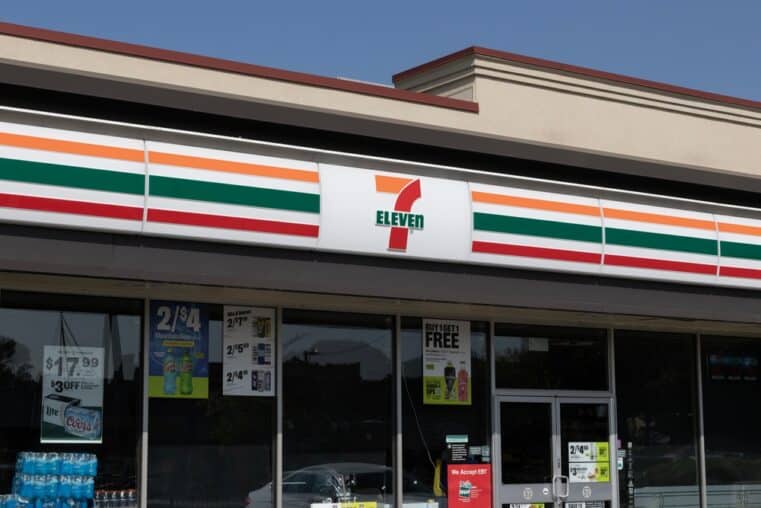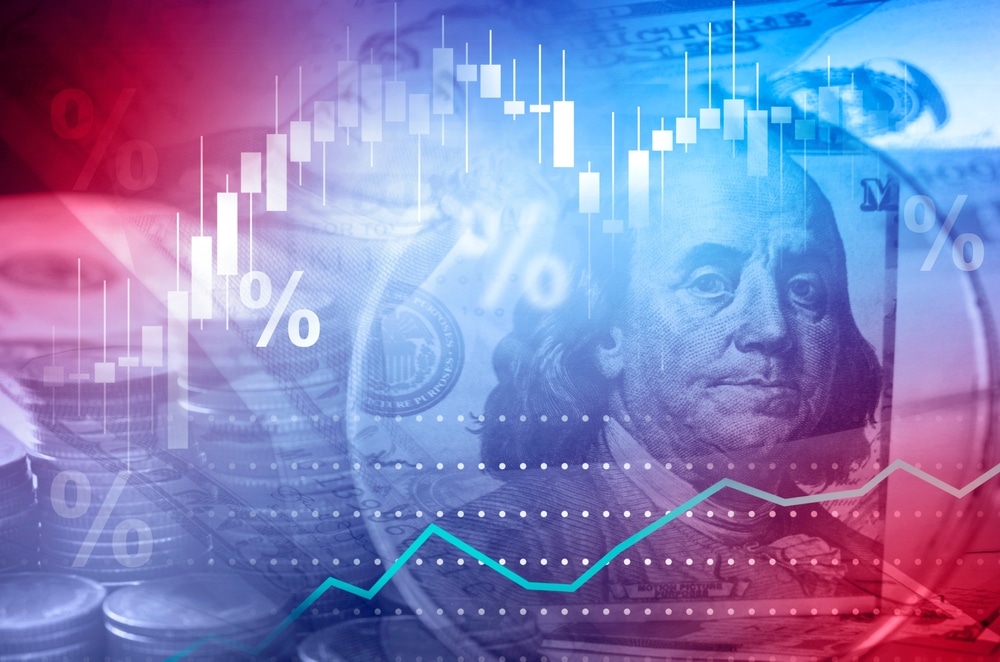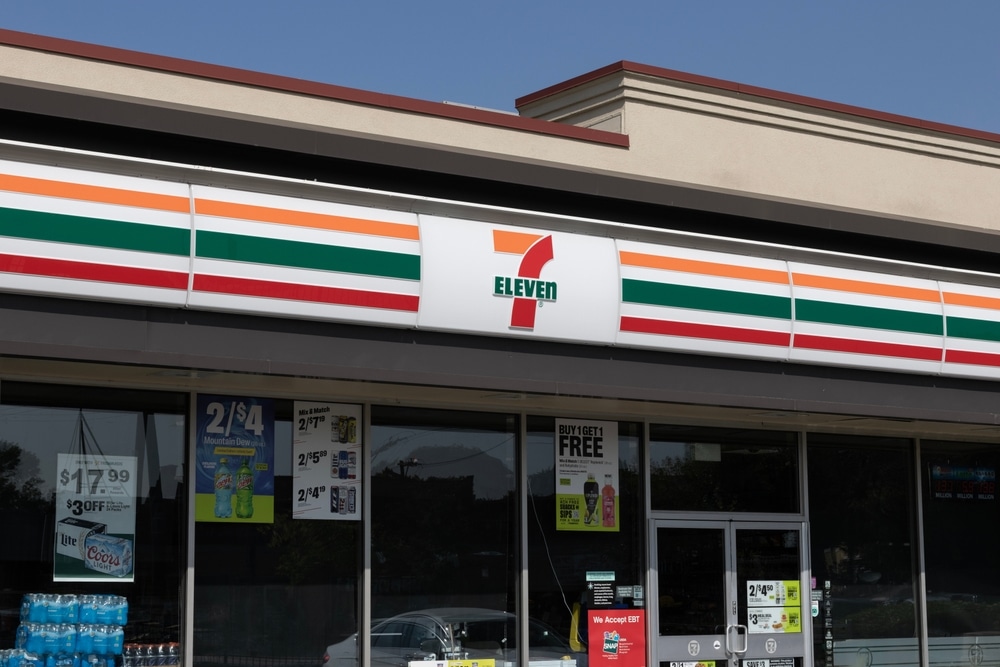
Government Shutdown? Markets Don’t Flinch
The Markets Don’t Miss What Doesn’t Matter
Let’s start with the headline insight from the article: government shutdowns barely dent the stock market. The S&P 500, historically, sees only a 1.6% average drawdown during these so-called crises. In some cases—like in 2018—the market even rallied during a 35-day freeze.
"I don't think a government shutdown is a bad thing at all," Slatestone Wealth strategist @KennyPolcari says. "The market always tends to ignore a shutdown. It might have an initial negative reaction, [but] ... the shutdown is not going to price stocks in the long term." pic.twitter.com/j5nKdH9RZg
— Yahoo Finance (@YahooFinance) October 2, 2025
That alone should tell you something terrifying and beautiful: the private sector doesn’t need the government nearly as much as the government needs the private sector. The economy’s real muscle—innovation, production, trade—marches on without the bureaucrats.
He would look at this and say, “See? The freer the markets, the stronger the economy.” He’d remind us that the government has no resources of its own—it only has what it takes from others. And when it stops taking, even briefly, the system breathes easier.
Shutdowns Reveal the Bloated Waste We Call Governance
During every shutdown, we hear about “critical services” being paused—national parks close, regulatory paperwork stalls, a few agencies go dark. But the truth is, if most of these functions disappeared permanently, nobody outside the Beltway would even notice.
He didn’t mince words about this. He believed the government should be small, limited, and focused on protecting life, liberty, and property—not micromanaging business loans, rubber-stamping infrastructure permits, or playing god with the labor market.
When the SBA halts loans, when hiring approvals are delayed—what does that tell us? That businesses are waiting on bureaucratic permission slips to grow? That jobs hinge on government green lights? That’s not a free market—it’s a permission-based economy. That’s a sickness.
Political Dysfunction Is the Norm—Markets Are Tired of Caring
The experts quoted by Fox say investors are “tuning out” shutdowns because they’ve become part of the background noise. Bret Kenwell even calls it “political posturing,” not a real economic risk.
That’s both accurate and damning. If a shutdown is no longer a market-moving event, that means investors already know the game: a temporary halt, some grandstanding, a last-minute deal, and the gravy train resumes. The state doesn’t govern—it performs.
He hated this kind of theatrical politics. He believed in predictability, transparency, and limited intervention. Our current system delivers none of those. Shutdowns have become kabuki theater while the markets adapt and evolve—proof that Washington’s chaos is priced in because it’s so reliably useless.
The Real Risk Is When the Shutdown Doesn’t End
But here’s where he might diverge from the market optimists. While the data says shutdowns are usually benign, the real threat lies in what happens when the dysfunction becomes systemic. What if the market finally does start believing that Washington can’t govern? That deficits will never shrink? That entitlements will never be reined in?
That’s when confidence collapses. That’s when the bond market revolts. And that’s when this house of debt-fueled cards comes down hard.
He warned of this decades ago: the more government spends beyond its means, the closer we inch toward monetary catastrophe. A shutdown doesn’t fix that. It’s a pause button on a bomb countdown.
Time to Rethink the Whole Rotten System
If markets don’t panic when government grinds to a halt, maybe it’s time to ask: what exactly are we paying for? Trillions spent, hundreds of agencies, and when it all freezes, the economy just shrugs? That’s not a success story—it’s a revelation.
He wouldn’t be wringing his hands about shutdowns. He’d be asking why we don’t make more of them permanent. Why we don’t strip the state back to its core constitutional duties and let the rest rot on the vine.
The shutdown isn’t the problem. The size of the state is. And this temporary pause is just a glimpse of what leaner, freer governance could look like—if we had the guts to make it real.
Call to Action: Prepare for the Real Crash, Not the Fake Crisis
The markets may shrug off shutdowns, but they won’t shrug off the collapse of confidence in the dollar, the Treasury, or the bloated U.S. debt machine. That’s coming. And when it does, there won’t be a bailout for the average citizen.
Get ahead of the curve. Download Seven Steps to Protect Yourself from Bank Failure by Bill Brocius and learn how to survive the system’s final reckoning.
Because when the real crisis hits, it won’t be temporary—and it sure as hell won’t be televised.










